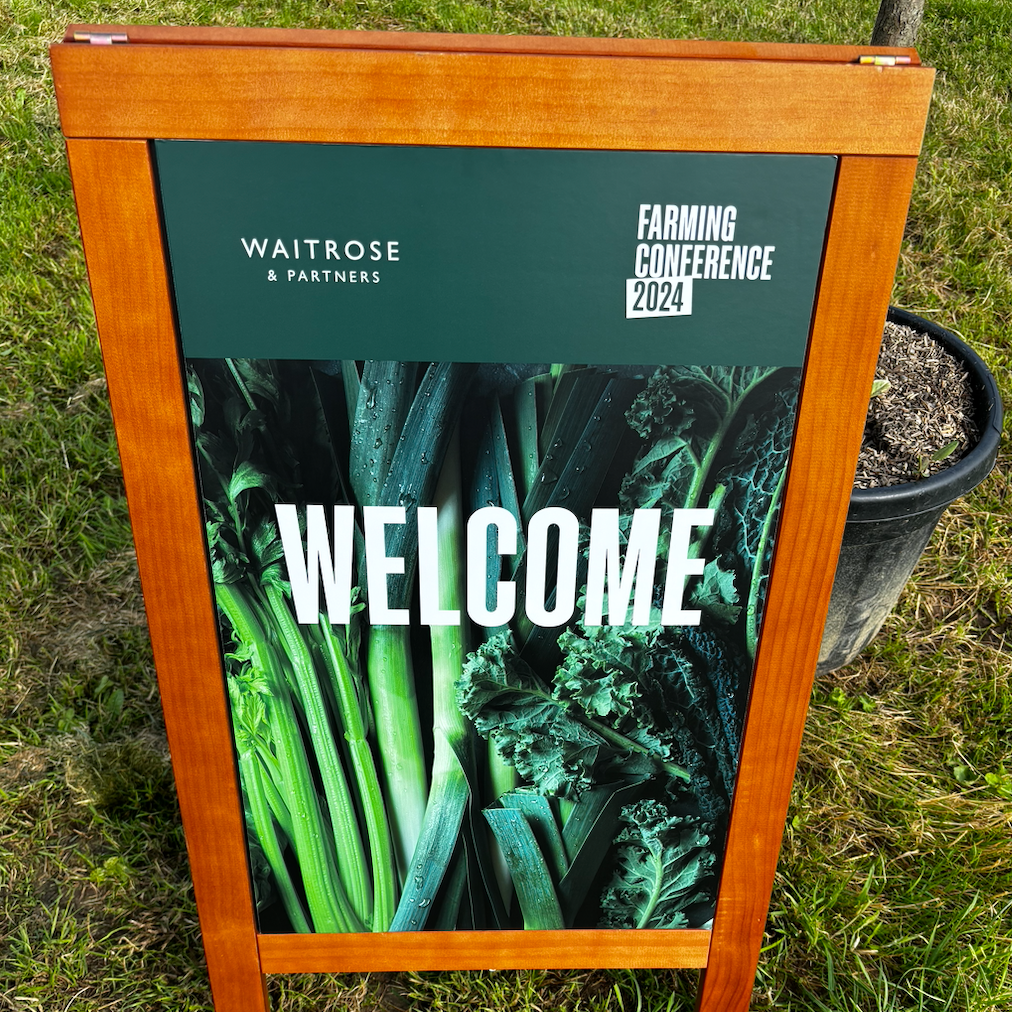I hope you have enjoyed hearing from the various Eat Wild Board members over the last few months, I thought it might be interesting to hear other perspectives on why it is so important to market British game.
I, along with 400 other attendees, mainly farmers who are also suppliers of Waitrose recently attended the Waitrose Farming Conference. The main theme of the day was the announcement by Executive Director James Bailey that Waitrose will work with the farmers to produce food that works in harmony with nature, to source meat, milk, eggs, fruit and vegetables from UK farms which use regenerative practices only by 2035. Speaking to the farmers, Mr Bailey said,
“We want Waitrose customers to know that when they shop with us, they are voting with their purses and wallets for a food system that restores and works in harmony with the natural world, and that supports a financially sustainable future for British farmers. We have a duty to help our farmers make the move towards more nature-friendly growing, and we’re committed to playing our part in the revolution that our country’s food system requires.”
Regenerative farming aims to create agricultural systems that are more resilient, productive, and environmentally friendly. By focusing on regenerating the health of the soil and ecosystem, these practices can lead to improved crop yields, better resilience to climate change, enhanced biodiversity, and a reduction in the need for synthetic inputs. It goes beyond sustainable farming practices by actively seeking to improve and regenerate the land and environment.
Sound familiar? Certainly, well-managed shoots have been adopting these practices for years. The future of the game meat market looks promising if we can continue to highlight the environmental benefits of responsible shooting. It's crucial that all shoots evolve and contribute positively to the countryside. The Game & Wildlife Conservation Trust (GWCT) provides biodiversity impact reports, which can guide improvements in wildlife and habitat management. These reports also help demonstrate to new market outlets the advantages of including game meat in their offerings. More information is available through the GWCT here.
However, this progress depends on all shoots actively enhancing biodiversity and eliminating toxic chemicals from their practices. The issue of lead is particularly critical; even the best efforts in countryside improvement are undermined if lead is used. Lead exposure in ecosystems results in significant adverse effects, including biodiversity loss, altered community composition, reduced growth and reproductive rates in plants and animals, and neurological damage in vertebrates. These impacts are well-documented and scientifically indisputable, we cannot argue with facts.
Best wishes,
Louisa
Louisa Clutterbuck
CEO

